Learning, Teaching and Training Activities (LTTA) Students/Learners
As an outcome of the Intellectual Output development, we have organized LTTA’s for both the involved teachers and staff during the project and the students/learners. The activities were performed as a special module alongside the existing curriculum in the pilot phase, while it is part of the curriculum as a standard offer for students with all partners at the end of the project.
Participants
All students of the partner colleges had the opportunity to apply for the available spots in the modules. Each college had five spots for their students making it a max. group of 20 students per module. Applications were evaluated based on motivation, fitting to the future profession of the student, and earlier experiences in foreign exchange (those with no earlier student exchange experience were preferred to establish a bigger pool of students with foreign experiences >> resulting in the wider field of foreign input at the college and more discussions about different (sports-)culture on the colleges), school results, etc. Each college made its own proposal for the participants.
Students were prepared by their native college with information about the set-up of the exchange, hosting arrangements, travel, and the schedule of the education. In some cases also parents were involved in separate info sessions and required approval of the exchange. And finally, a web video call was arranged with the local module leaders to become familiar with their contacts in other countries. Online exchange of contact details between the student groups was done before the exchange started.
Every day the students were welcomed by the local project manager and/or the module leader. This differs per country, as the individual colleges have different settings or arrangements at the facilities used. In The Netherlands, the project manager provided the students every day with the schedule for the next day. In Finland, the students assembled every day at the same point (they stayed at the college campus), while in Germany and Spain, the students had at the end of the day a session with the module leader to provide the information for the next day.
During the run of the modules, students were challenged to participate in discussions, were involved in project group work with mixed nationalities, and had to do practical sessions in small groups or as a whole group under the supervision of a local teacher or tutor. They were prepared to either execute a professional session with external clients or have sessions with fellow students from other countries (i.e. online web consultancy as a coach).
Newly introduced techniques (i.e. video blogging, poster presentations, IT Skills with video analysis, dedicated apps or platforms) were individually supervised and guided by specialists.
Each module concluded with a final meeting with staff who handed their Certificate (also digitally available).
During leisure time many of the students joined together and met up with each other. In some cases the learners organised their own sports tournament in the evening hours, in other cases students arranged public travel to nearby cities or sports events for their own pleasure. Collaboration with other students, not participating in the module carousel but being present at each college also occurred (i.e. playing sports or joining in fitness sessions) outside the teaching/study hours of the module.
Some students did not have the financial means to go abroad. Or did not have the ability to purchase materials appropriate to the module they wished to take. These students would not have been able to ever go abroad for (part of) a study without financial support from the project. These students came from Spain and Germany.
They have been able to have this experience because of the LTTA opportunities. Through the provision of teaching resources (laptops, sports equipment, etc.) by the local representatives, students without these resources could also be helped to take the more challenging modules (think skiing equipment or students who cannot afford a laptop). Mostly the students from Germany were without the essential means and materials for some of the modules.
The first student-LTTA was performed in March 2022 while there was still snow present at Pajulahti Finland. 84 students participated in this LTTA (62 in mobilities and 22 from local partners). All students/learners LTTA have been evaluated through a survey about the module. The details of this survey is in our materials on the web-based server. The general conclusions were:
- The modules appeal to the student's wishes and ideas
- Improvements could be made in accommodation and beverage
- Teachers/presenters were skilled and in contact with students.
- Average rating for the modules varies from 7.7 to 8.6
After we had evaluated the first student/learners LTTA in 2022, we decided to organize a second run of the Module Carousel in 2023, as all partners now had the opportunity to use Erasmus+ KA1 mobilities for students. So in week 10+11 of 2023, we organized this again. Although it is out of the scope of the project, but was mentioned in the applications as an outcome of the project (integrated into the curriculum activities of the colleges).
It turned out to be a bigger success compared to the first Module Carousel. We used the time between the two for improvements, so the IO-development teams continued to work together till the TPM06 when the final scope check at the end of the project was done.
In this second we have used the remainder of some LTTA budgets which were not yet utilized in full in the first run of the Module Carousel. 17 students utilized the LTTA financial grants, and 46 students were in the Module Carousel with the Erasmus+ KA1 mobility grants of each individual college. This, combined with the 20 local participants, brought the total number of participants in this Module Carousel to 86.
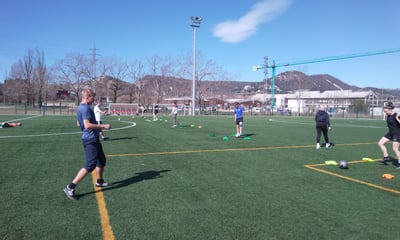

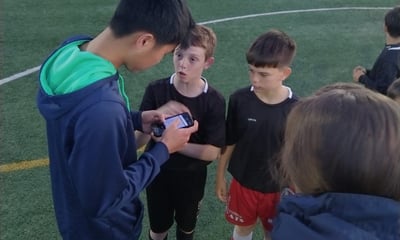

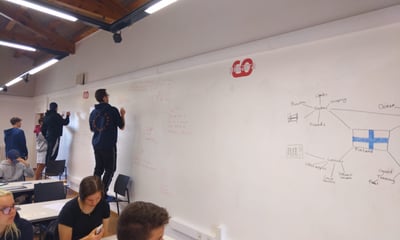

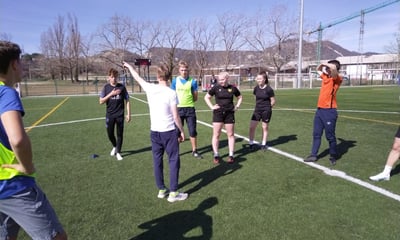

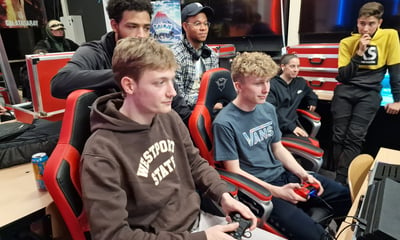

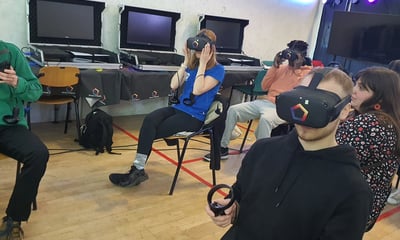

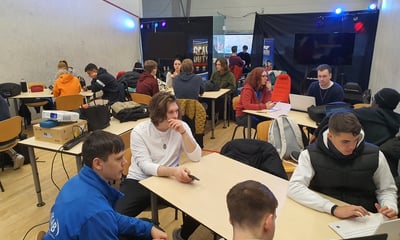

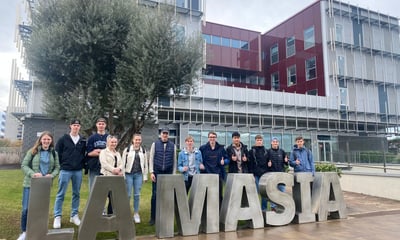

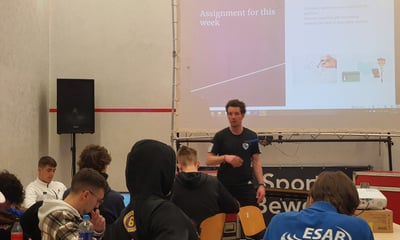

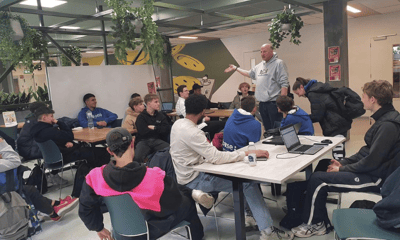

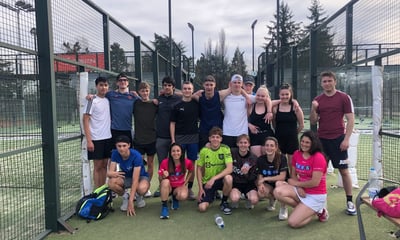

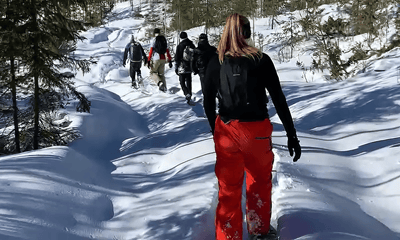

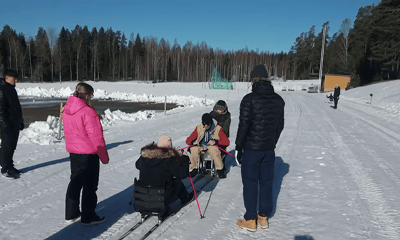



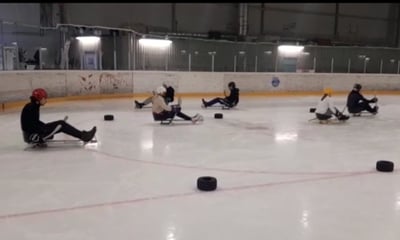

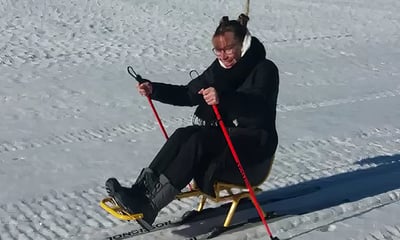

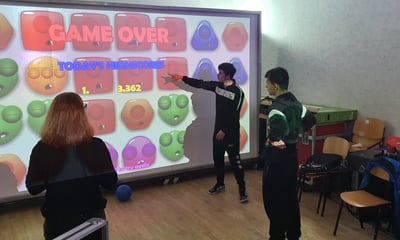

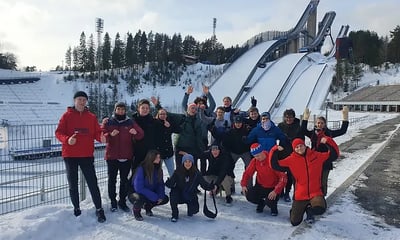

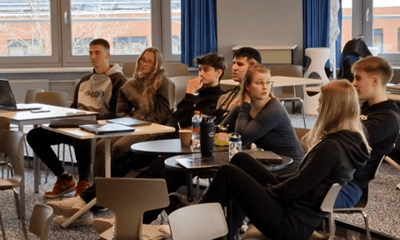

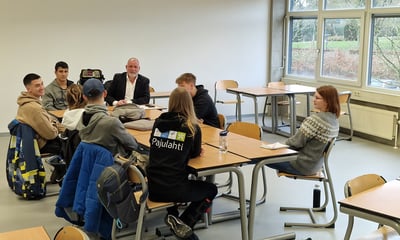

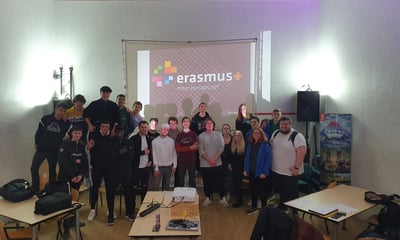

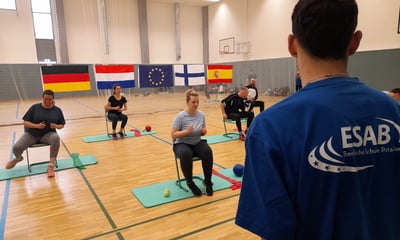

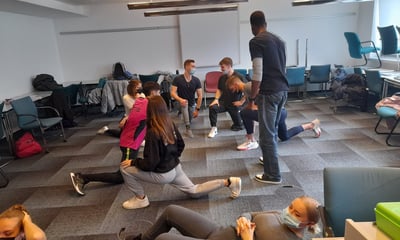

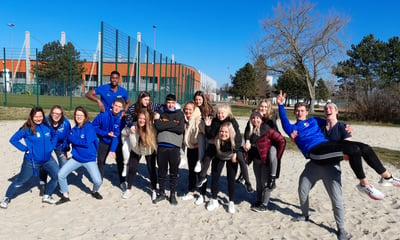

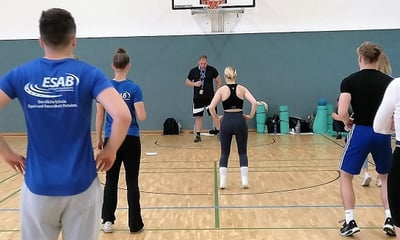

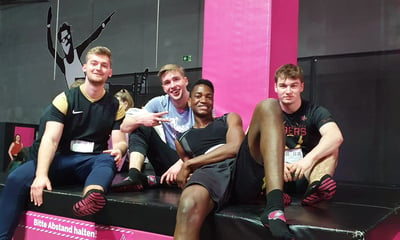

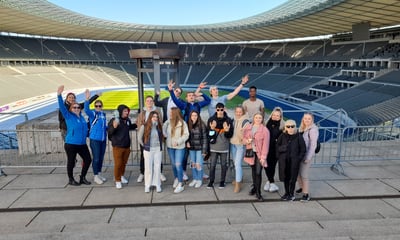

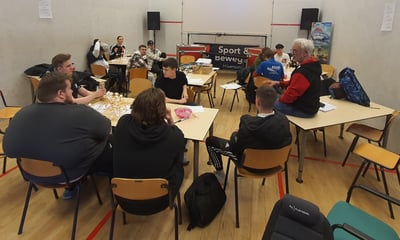

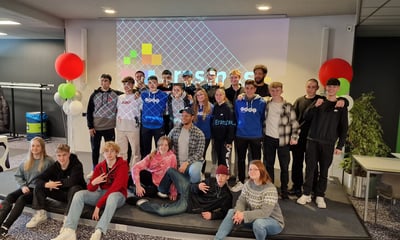

Module Carousel in Vocational Sports Education
For more details: info@sportenbewegenhilversum.nl
